Best Companion Plants For Kale And Collards
Title: The Best Companion Plants for Kale and Collards
Introduction:
Kale and collards are two of the most popular leafy greens, and for good reason. They're packed with nutrients, they're delicious, and they're relatively easy to grow. But did you know that you can improve your kale and collards harvest by planting them with the right companion plants?
Companion planting is the practice of planting certain plants together to benefit each other. Some plants attract beneficial insects, while others help to repel pests. Some plants improve the soil, while others provide shade or support.
By planting the right companion plants with your kale and collards, you can boost their growth, improve their flavor, and protect them from pests.
Main Content:
Here are some of the best companion plants for kale and collards:
- Alliums: Alliums, such as onions, garlic, and chives, are great companion plants for kale and collards. They help to repel pests, such as aphids, cabbage loopers, and flea beetles. They also add nitrogen to the soil, which helps to improve the growth of your kale and collards.
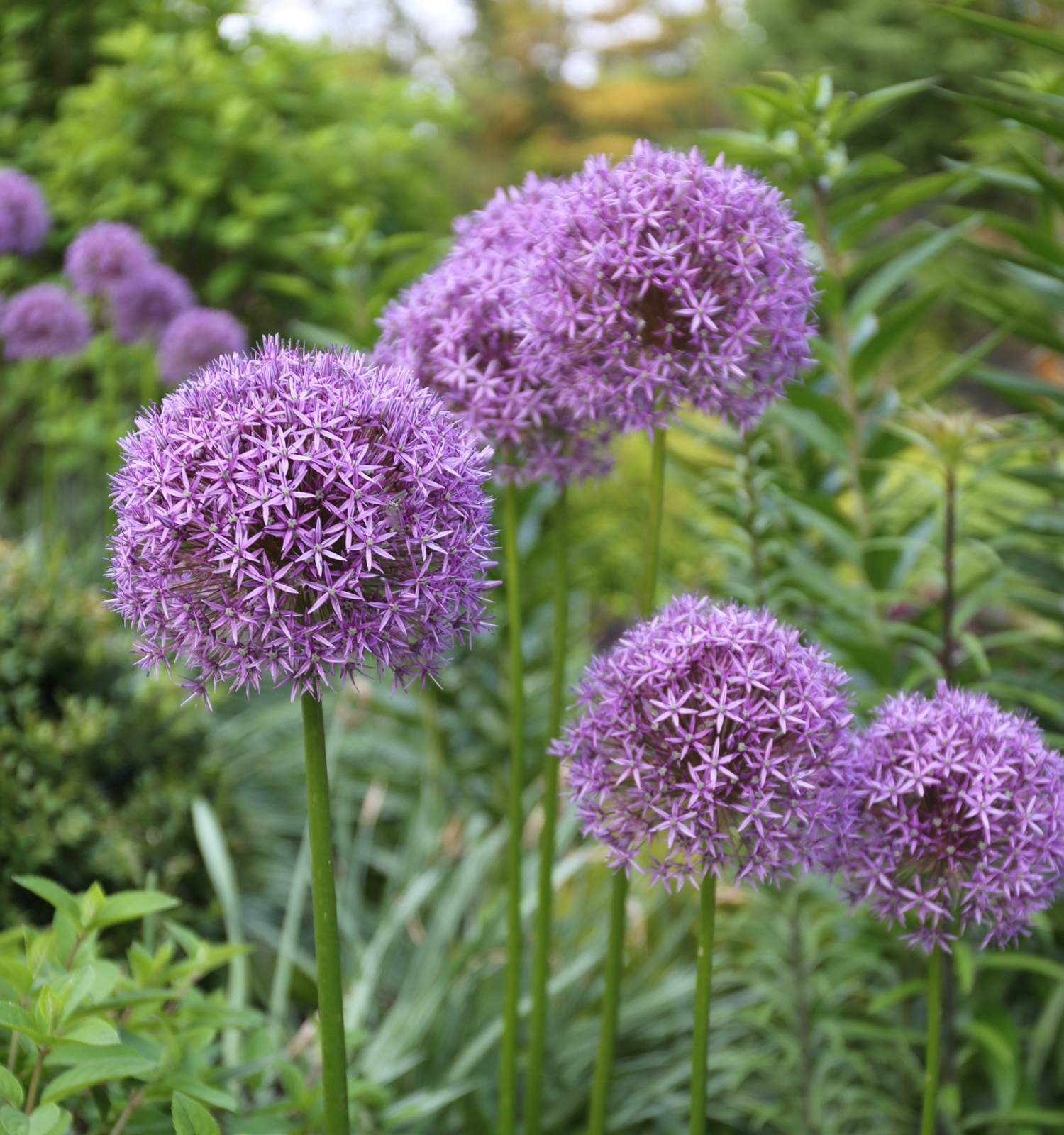
- Beans: Beans are legumes, which means that they can fix nitrogen in the soil. This is beneficial for kale and collards, as it helps to improve their growth. Beans also provide shade for kale and collards, which can help to protect them from pests.
- Carrots: Carrots are a good companion plant for kale and collards because they have different root systems. Carrots have a taproot, while kale and collards have a more fibrous root system. This means that they won't compete for the same resources, and they can actually help each other to grow.
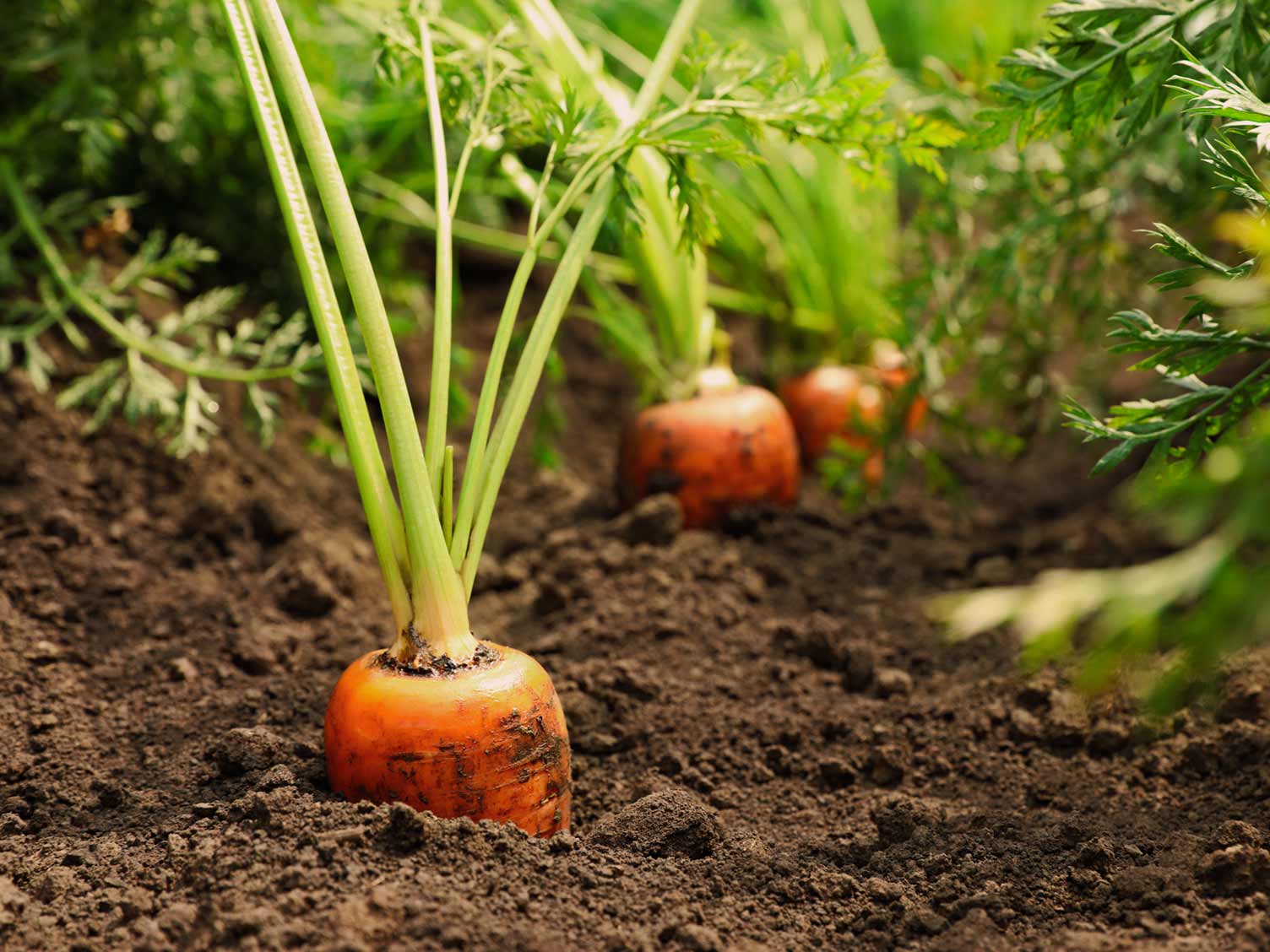
- Cucumbers: Cucumbers are another good companion plant for kale and collards. They help to attract beneficial insects, such as ladybugs and lacewings, which prey on pests. Cucumbers also help to suppress weeds, which can help to keep your kale and collards healthy.
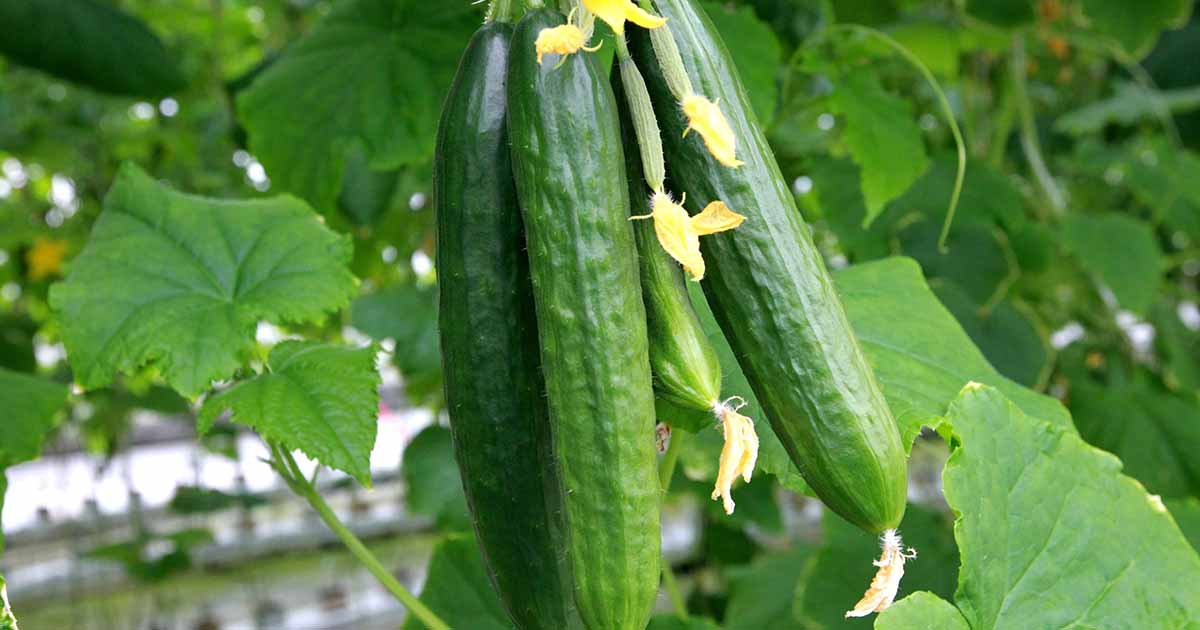
- Lettuce: Lettuce is a good companion plant for kale and collards because it has a similar growing season. This means that they can be planted together and harvested at the same time. Lettuce also helps to attract beneficial insects, such as ladybugs and lacewings, which prey on pests.
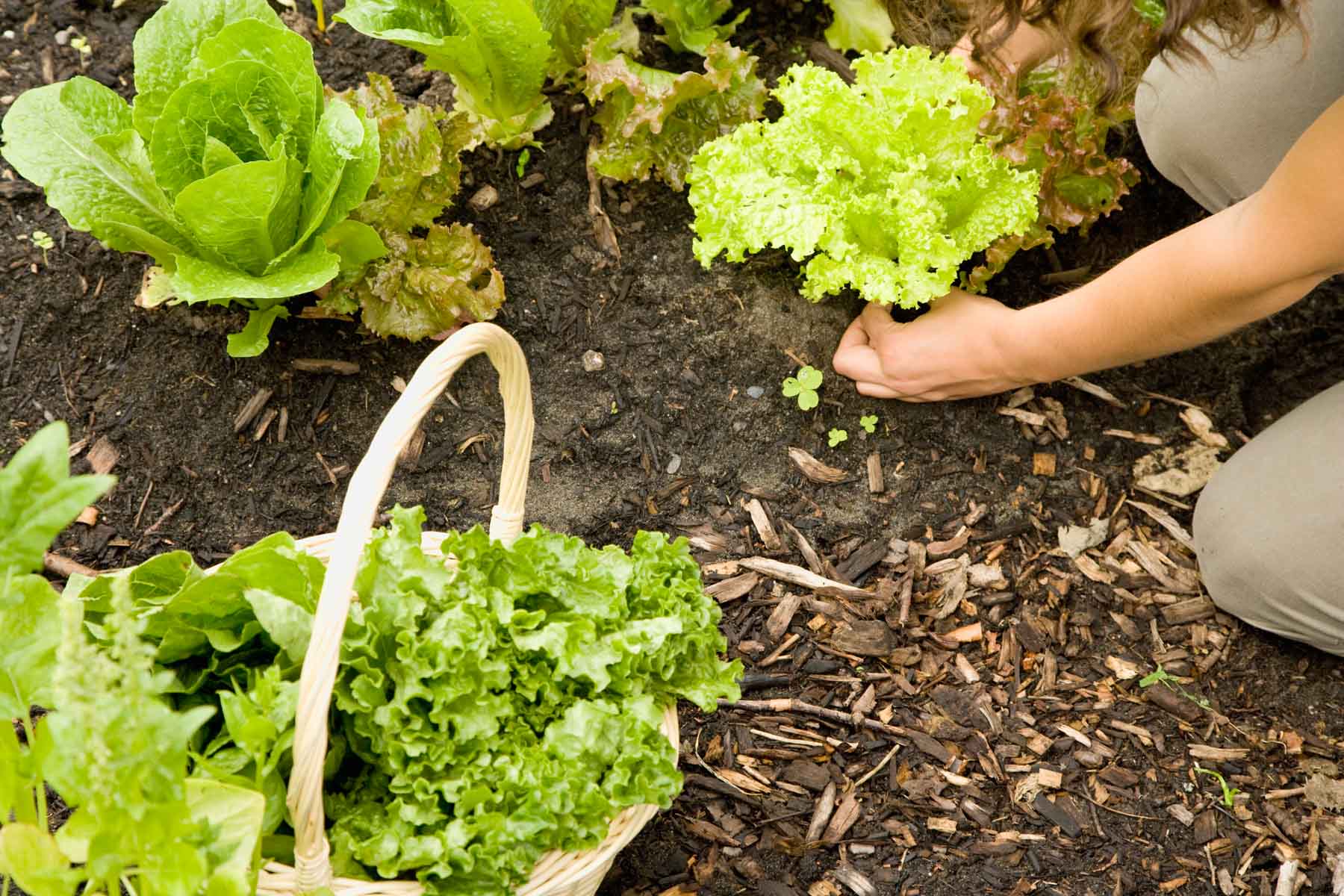
- Marigolds: Marigolds are a popular companion plant for many vegetables, and they're also a good choice for kale and collards. Marigolds help to repel pests, such as aphids, whiteflies, and nematodes. They also attract beneficial insects, such as ladybugs and lacewings.
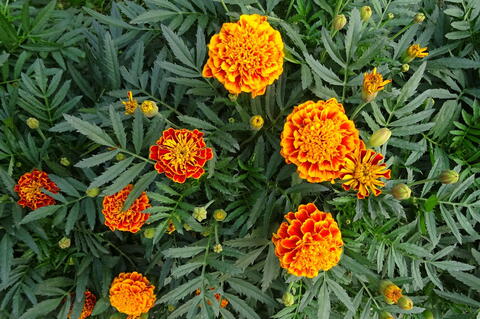
- Peas: Peas are legumes, which means that they can fix nitrogen in the soil. This is beneficial for kale and collards, as it helps to improve their growth. Peas also provide shade for kale and collards, which can help to protect them from pests.
- Spinach: Spinach is a good companion plant for kale and collards because it has a similar growing season. This means that they can be planted together and harvested at the same time. Spinach also helps to attract beneficial insects, such as ladybugs and lacewings, which prey on pests.
Conclusion:
By planting the right companion plants with your kale and collards, you can boost their growth, improve their flavor, and protect them from pests. So next time you're planning your garden, be sure to consider these great companion plants.
Kale and collards are delicious and nutritious vegetables that are easy to grow. But did you know that there are certain plants that can help them thrive? Companion planting is the practice of planting certain plants together to benefit each other. For example, some companion plants for kale and collards include:
- Cilantro: Cilantro attracts beneficial insects that prey on pests, such as aphids.
- Dill: Dill attracts pollinators, which help to pollinate the kale and collards.
- Alliums: Alliums, such as garlic, chives, and onions, help to repel pests.
- Legumes: Legumes, such as beans and peas, help to improve the soil quality.
For more information about companion planting for kale and collards, visit Home Gardening.
FAQ of companion plants for kale and collards
- What are companion plants for kale and collards?
Companion plants are those that benefit each other when grown together. Some of the best companion plants for kale and collards include:
Alliums (such as garlic, onions, and chives): These plants help to deter pests, such as aphids and cabbage loopers.
Beans: Beans fix nitrogen in the soil, which can benefit kale and collards.
Carrots: Carrots help to repel root-knot nematodes, which can damage kale and collards.
Cilantro: Cilantro attracts beneficial insects, such as hoverflies, which prey on pests.
Dill: Dill attracts beneficial insects, such as ladybugs, which prey on pests.
Marigolds: Marigolds help to repel pests, such as aphids and whiteflies.
Nasturtiums: Nasturtiums help to deter pests, such as aphids and flea beetles.
Pole beans: Pole beans help to shade the soil around kale and collards, which can help to suppress weeds.
What are the benefits of planting companion plants with kale and collards?
There are many benefits to planting companion plants with kale and collards, including:
Increased crop yields: Companion plants can help to attract beneficial insects, which can help to control pests. They can also help to improve soil health, which can lead to increased crop yields.
Reduced pest problems: Companion plants can help to deter pests, which can help to protect your kale and collards from damage.
Improved pollination: Some companion plants, such as marigolds and nasturtiums, attract pollinators, which can help to improve pollination of your kale and collards.
Suppressed weeds: Some companion plants, such as buckwheat and nasturtiums, can help to suppress weeds, which can free up your time and energy so you can focus on other tasks.
What are some plants that should not be planted near kale and collards?
Some plants that should not be planted near kale and collards include:
- Other brassicas: Brassicas, such as broccoli, cauliflower, and Brussels sprouts, are susceptible to the same pests and diseases as kale and collards. Planting them together can increase the risk of these problems.
- Potatoes: Potatoes can harbor a disease called potato scab, which can also affect kale and collards.
- Tomatoes: Tomatoes can attract pests, such as tomato hornworms, which can also damage kale and collards.
Post a Comment for " Best Companion Plants For Kale And Collards"